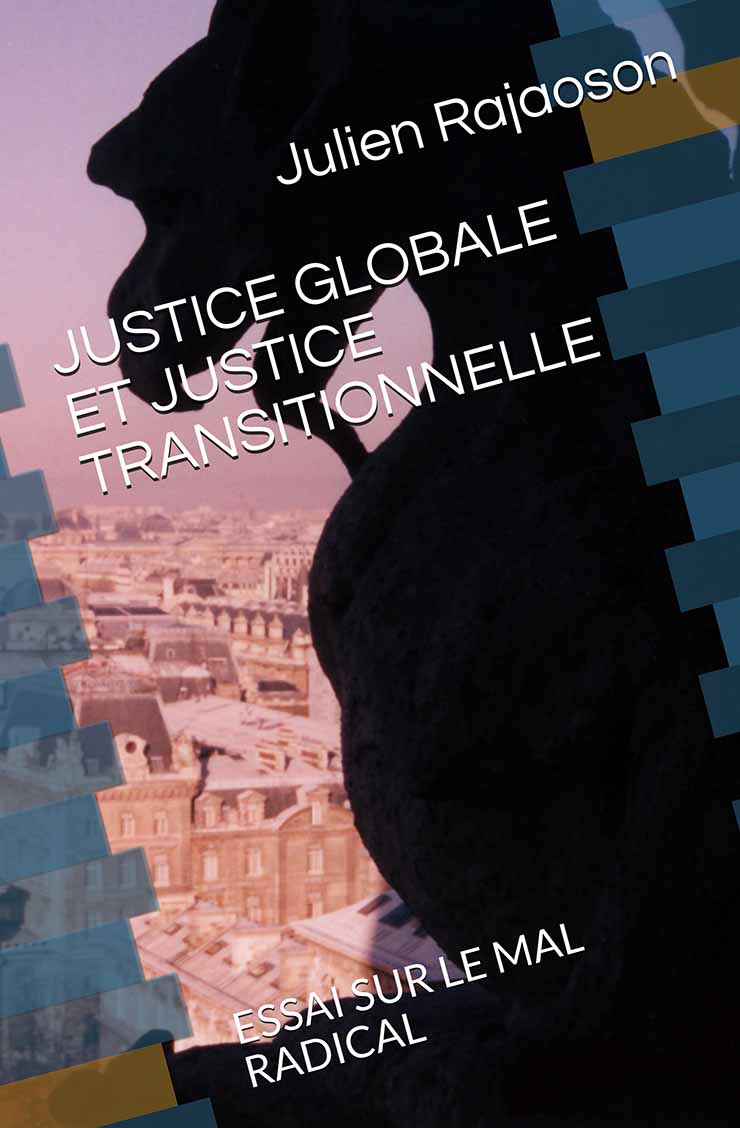Justice globale et Justice transitionnelle
Global Justice and Transitional Justice
Author(s): Julien Rajaoson
Subject(s): Law, Constitution, Jurisprudence, Human Rights and Humanitarian Law, Law and Transitional Justice, Ethics / Practical Philosophy, Political Philosophy, International relations/trade
Published by: Julien Rajaoson
Keywords: transitional justice; global justice; political philosophy;ethical problems of evil;
Summary/Abstract: From the end of the Middle Ages, the philosophy of international relations was dominated by three currents: realism, the law of the people and the criticism of the law of the people. These different approaches are opposed in the way of thinking human nature, legal rules and interstate relations.
In order to understand how Rawls' political liberalism views the issue of extreme poverty in the world, let us return to the 1993 Law of the People. There is a conception of global justice that leads to the peaceful coexistence of nations. However, the goal of this research will be to go beyond this approach, because we will see later how perpetual peace is only a prerequisite for a just world. It will be necessary to reach a genuine Kantian ethics of duty, which should be able to respond to global inequalities by justifying the idea of a global redistribution. What we have to question about Rawls is how his conception of duty evolves: to remedy social inequalities in his Theory of Justice of 1971, he takes as a starting point the duty of justice that citizens have with respect to others.
- Print-ISBN-13: 978-197-351-4732
- Print-ISBN-10: 197-351-47-37
- Page Count: 187
- Publication Year: 2017
- Language: French
- eBook-PDF
- Introduction
- Table of Content

